Why Mass Extinction Is Part of Human Nature
Why would a supposedly “intelligent” species behave in a way that’s bringing about a mass extinction – one that will likely take us down along with so many other animals?
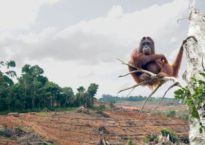
Why would a supposedly “intelligent” species behave in a way that’s bringing about a mass extinction – one that will likely take us down along with so many other animals?

A new series of studies shows that when people are reminded of their personal mortality, they tend to become more disposed toward the killing of nonhuman animals.
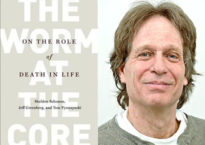
Psychologist Sheldon Solomon explains Terror Management Theory – the study how we manage the lifelong anxiety that’s born of our terror of death – and how it affects our behavior toward other animals.
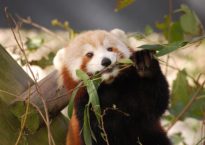
How we “view” other animals (from a position of privilege and exploitation), and how our behavior toward them and toward the planet has led to an irreversible, mass extinction.
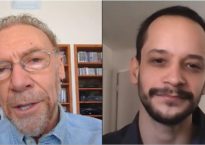
A new study shows that any small reminder – even quite unconscious – of our inevitable mortality causes us to be more supportive of the killing of nonhuman animals
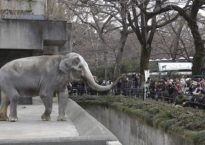
“When one person is in a cage and someone else is outside the cage, walking up and down and looking at that person, what do you think that suggests about our power relations?”

What does a piece of Ancient Greek tragedy have to do with our screwed-up relationship to our fellow animals? Quite a lot, in fact!
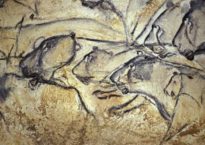
30,000 years ago, deep in a cave in France, artists painted some of the greatest portrayals of animals ever. In this video we look at what they tell us about our relaitonship to our fellow animals
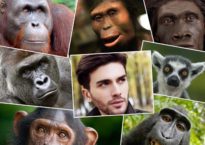
Second in a new series: We humans have a constant sense of anxiety over our mortal, animal nature. And we deal with this by telling ourselves that we’re not really animals – despite all the evidence to the contrary.
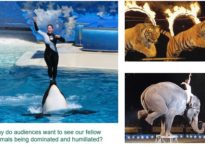
In this first video of a new series, we look at our deep need as humans to insist that we’re not animals – despite all the evidence to the contrary.
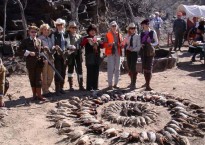
They’re wealthy men of the old aristocracy, who believe in “Honoring God by Honoring His Creatures” — that is, by killing them.

A new book explains why we humans are so screwed up, and why we take it out on our fellow animals.
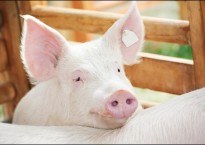
Last week, I happened upon the much-acclaimed TV series from the U.K. Dark Mirror – a kind of Twilight Zone for the 21st Century. In the…
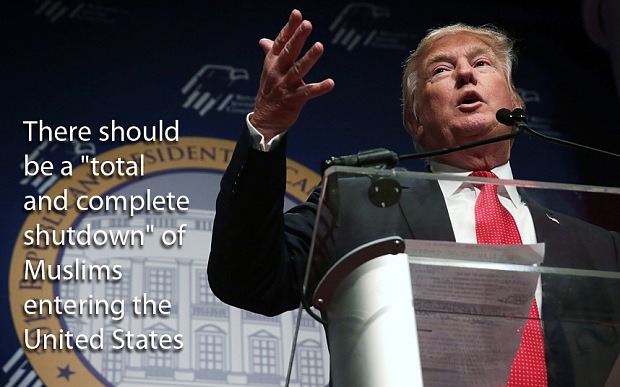
Along with panicky denunciations from the shocked-horrified-and-appalled Republican establishment, there was much cheering and applause from Donald Trump’s zombie supporters when he called for “a total…
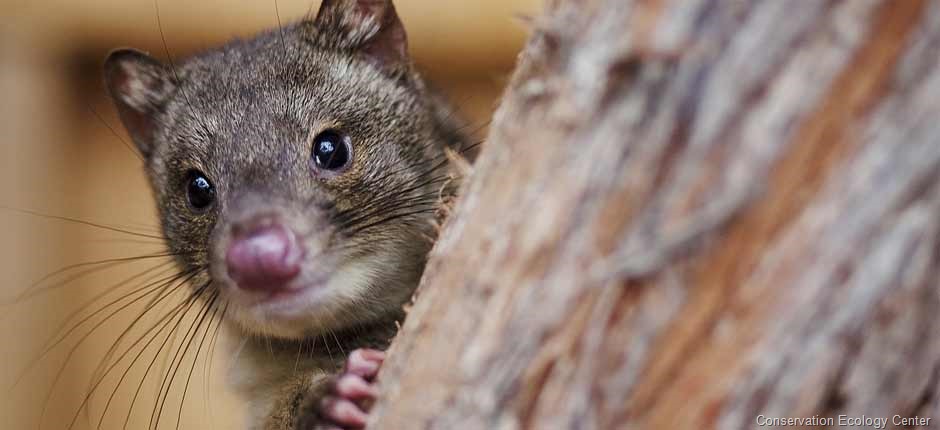
Everybody loves a hero. And we all would like to be heroes. Heroism is something we humans strive for. Other kinds of animals behave heroically, too,…

A former soldier who served in Iraq, comes home to a nation in denial, droughts and floods, mass migrations, and an epidemic of anxiety and depression.

Part Six in the series “I Am Not an Animal.” In previous posts, we looked at how our anxiety over our mortal, animal nature drives us to distance ourselves, psychologically and literally, from our fellow animals; at how ancient mythologies told of a “fall” from a time when we were in harmony with the other animals; and at how our belief in “human exceptionalism” has led us to treat them.
Now we ask: Where do we go from here, and is there any way out of our situation?

 (Fifth in a series about how and why our relationship to our fellow animals has deteriorated to the point of an unfolding mass extinction.)
(Fifth in a series about how and why our relationship to our fellow animals has deteriorated to the point of an unfolding mass extinction.)
By Dr. Lori Marino
However much we like to think of ourselves as different from and superior to the other animals, we can’t escape the fact that we are, just like them, mortal, physical creatures, equally subject to the laws of nature.
The existential terror that’s caused by this ever-present knowledge has been studied at length by psychologists in the field of Terror Management Theory (TMT).
In the first part of our interview with Stephen Cave, he talked about how, once we decide that we are fundamentally different in kind from the…
In previous posts we’ve talked about how our relationship to our fellow animals and the way we treat them is driven by our anxiety over the fact that we’re animals, too, and our denial of our own animal nature.
In his book Immortality: The Quest to Live Forever and How it Drives Civilization, Stephen Cave discusses the chief ways in which we persuade ourselves that we’re not really animals, that we can avoid death altogether, or at least that some part of us will live on in some way after we’re dead. Here’s the trailer to the book:
In the first of two posts, Cave explains how, once we decide that we are fundamentally different in kind from other animals, we can then view them as having a lower moral status. And that, in turn, opens up "a whole world of possibilities for how we treat them."